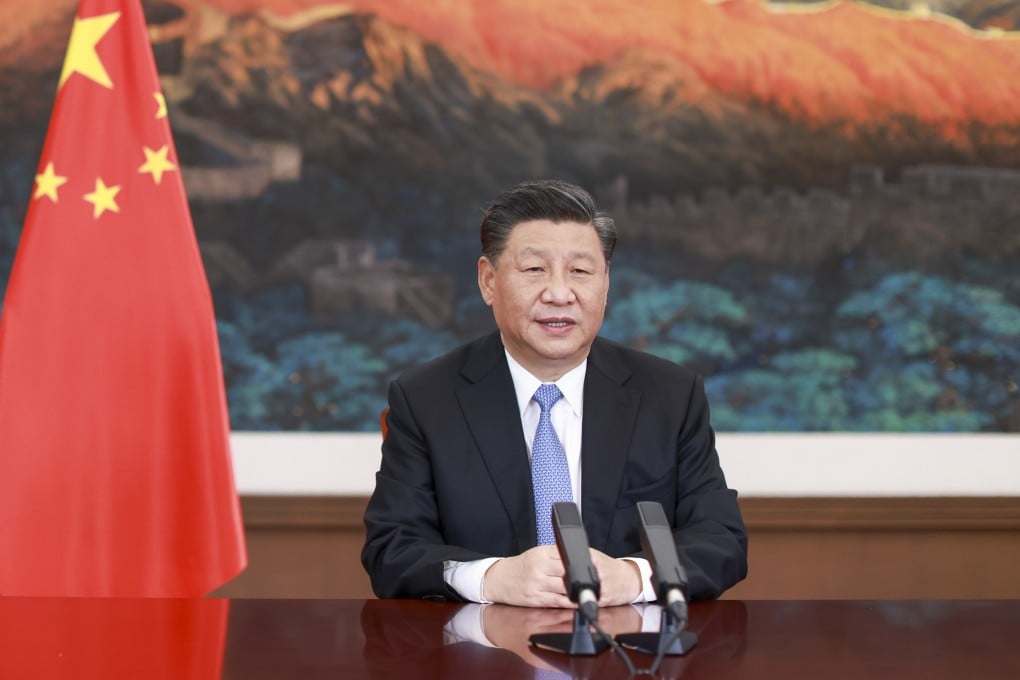‘Let’s build a digital Silk Road’: Xi Jinping looks to cement China’s ties with Asean
- Xi delivers keynote speech at China-Asean Expo in Nanning, saying the regional bloc is a priority for Beijing
- Xi’s speech and Chinese foreign minister’s trip to Japan and South Korea are set against US president-elect’s declared interest in Asia-Pacific

Chinese President Xi Jinping has pledged to further deepen cooperation and promote a “digital Silk Road” with Southeast Asia as Beijing moves to cement its influence in the Asia-Pacific.
The commitment comes just as the new US administration says it wants to pivot towards the region and resume a leadership role.
“China will unswervingly expand its opening up to the outside world, enhancing its domestic and international economic linkages, and driving the world’s common recovery through its own recovery, from which all countries in the world, including Asean, will benefit,” Xi said via video link to participants at the China-Asean Expo in the southwestern Chinese city of Nanning.
“Looking to the future, there will be even more room for cooperation between China and Asean.”
Xi’s remarks came just two days after US president-elect Joe Biden announced that his foreign policy agenda would see the United States retake its global leadership role and strengthen its alliances in the Asia-Pacific.